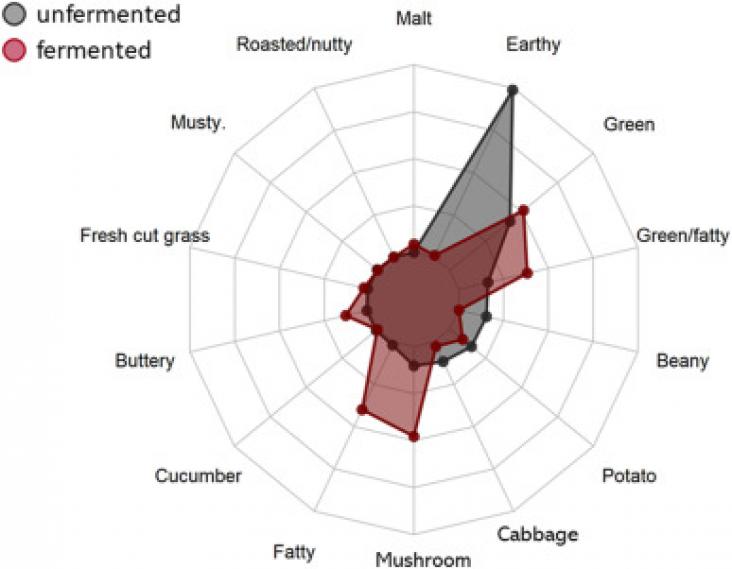An Article in support of SDG 2 and 12, providing a comprehensive picture of consumption of total animal-source foods, unprocessed red meat, processed meat, seafood, egg, milk, cheese, and yoghurt consumption in 185 countries among children and adults.
Sustainable food packaging against plastic pollution & waste.
A good paper looking into water quality in Kenya and how water companies needs to improve on the water quality chemically by adjusting the Calcium and Alkalinity concentration
Pollution by polymeric materials - in particular plastics - has a negative effect on the health of our planet.
Elsevier,
Plastic Pollution and Marine Conservation: Approaches to Protect Biodiversity and Marine Life, Volume 1, 1 January 2022
This chapter aligns with Goal 14: Life Below Water and Goal 12: Responsible Consumption by providing an overview of marine plastic waste and policy options to promote a circular plastic economy.
Temperature and sea level rise threats to aquaculture were the main focus in science and the news. At least 10 countries linked current impacts on aquaculture to climate change. Global papers cited technology for adaption, while regional papers cited governance.

Cathy Laporte, portfolio director for the in-cosmetics Group, part of RX, discusses the growing momentum towards a more conscious beauty industry, and in-cosmetics’ role in driving sustainable innovation and growth.
A Review in support of SDGs 3 and 12, focusing on the decrease in traditional food availability and the increase in food import dependence in small islands, discussing the resulting reduction in diet quality and food security and the increase in type 2 diabetes risk.
Elsevier,
Artificial Intelligence and Data Science in Environmental Sensing: Cognitive Data Science in Sustainable Computing, 2022, pp 93-108
This chapter advances the UN SDG goals 9, 12, and 13 by discussing the potential of AI to overcome socioenvironmental challenges such as unsustainable resource consumption and poor management of natural disaster responses.

